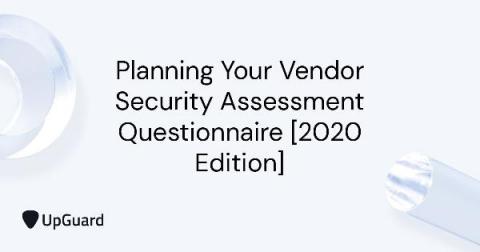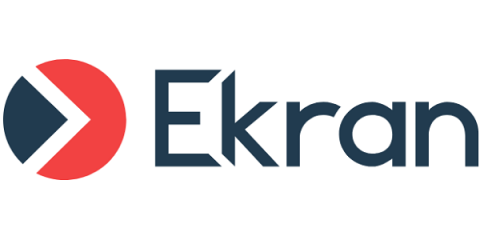ISO 27001 Firewall Security Audit Checklist
Because of additional regulations and standards pertaining to information security, including Payment Card Industry Data Security Standard (PCI-DSS), the General Data Protection Regulation (GDPR), Sarbanes-Oxley (SOX), the Health Insurance Portability and Accountability Act (HIPAA), California Consumer Privacy Act (CCPA) and ISO 27001, organizations are putting more emphasis on compliance as well as the auditing of their cybersecurity policies and cybersecurity controls.










